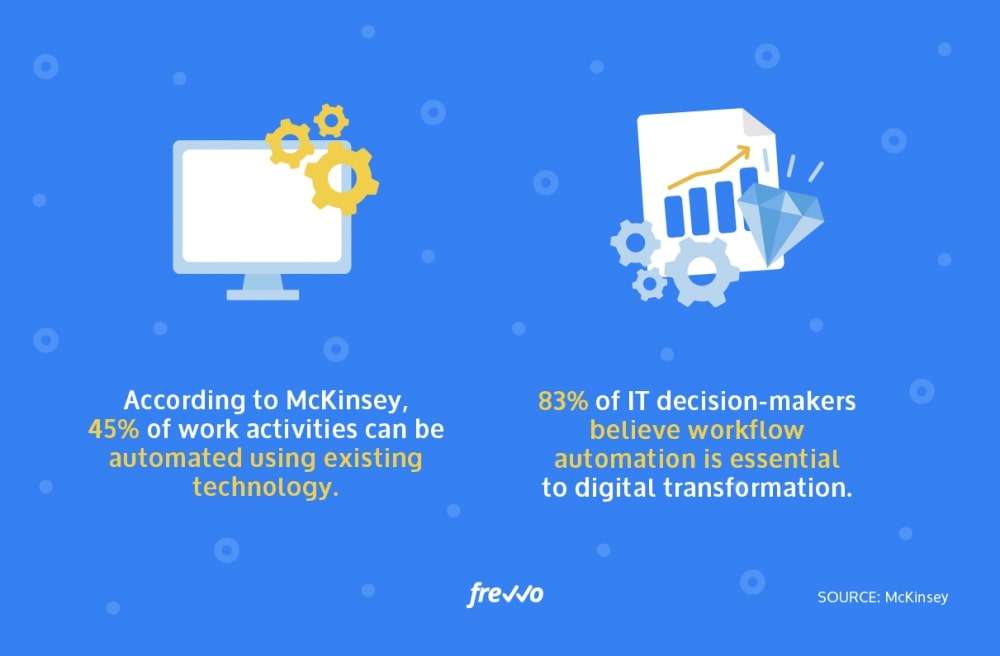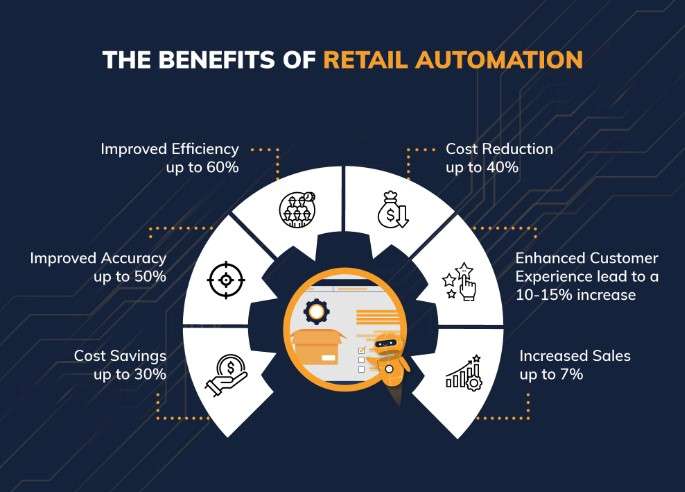Artificial Intelligence – Powered Automation is Ushering In a New Era
Intelligent automation combines artificial intelligence with automation, including NLP, ML, and machine vision. Some intelligent automation systems, such as those used to power a new generation of collaborative robots and Google’s self-driving automobiles, assess and respond to a stream of situational data from sensors. Others, such as IBM’s Watson, absorb and analyze large volumes of textual data in order to promptly respond to difficult inquiries, such as a request for a medical treatment plan. As technology for voice recognition, natural language processing, and machine learning develop and become useable by non-specialists, the spectrum of business challenges to which intelligent automation can be applied expands. These technologies are becoming more widely available as open-source or low-cost products, as well as cloud-based services. Intelligent automation definitely holds promise for investors. Venture capital investment in robotics and artificial intelligence enterprises has increased by more than 70% in each of the last two years, surpassing $600 million since 2011. If businesses fully leverage intelligent automation, the overall impact on business could match that of the 1990s enterprise resource planning wave. Source
Source
Intelligent Automation Addresses Societal and Commercial Issues
- Changes in talent demographics offer the door for automated alternatives
- With increasing complexity comes the need for cognitive “power tools”
Almost Every Industry is Investing in Intelligent Automation
Intelligent automation has progressed to the point where it has entered practically every sector of the economy despite its rapid development. Some businesses are leveraging it to challenge established industries, such as household products (for example, the robotic vacuum cleaner of Roomba company). In order to breathe fresh life into mature product categories such as tractors and autos, incumbents are investing in intelligent automation. Intelligent automation is being used by enterprises of all sizes to increase productivity, improve quality, cut labor costs, and reassign personnel from low- to higher-value duties. Intelligent automation applications are classified into three types: deciders, doers, and movers.- Deciders are computerized decision-making systems
- Services in Finance
- HealthCare
- Technology
Physical Chores are Automated by Doers, Such as Collaborative Robots
A new generation of intelligent robots can do a broader range of more complex activities, as well as collaborate with and even learn from human employees.- Retail & Distribution
 Source
Source
- Automotive
Sensors and Artificial Intelligence are Used by Movers to Automate Transportation
Autonomous vehicle capabilities are fast evolving, with applications in a variety of industries, including defense, automotive, and mining.- Defense and aerospace
- Automotive
- Resources and Energy
FAQ’s
Suppose you’re thinking about incorporating intelligent automation into your business model. In that case, you need first to grasp what it is and how it’s utilized, from strategic to technological applications, as well as best practices for using robotic process automation (RPA) solutions.
Intelligent Automation (IA) is a technology that combines RPA and AI to ensure business process automation and increase digital transformation.
AI automation solutions can help firms streamline their operations by automating routine processes that formerly required manual labor.
Intelligent automation has the potential to save 10 million lives each year, according to our estimates. It can accomplish this through assisting in clinical trials, disease diagnosis, and the prevention of medical errors.
Final Word:
AI, robots, and automation advancements are ushering in a new era of intelligent automation, which is poised to become a fundamental driver of organizational success in the coming years. Companies in all industries must comprehend and implement intelligent automation or risk falling behind.

